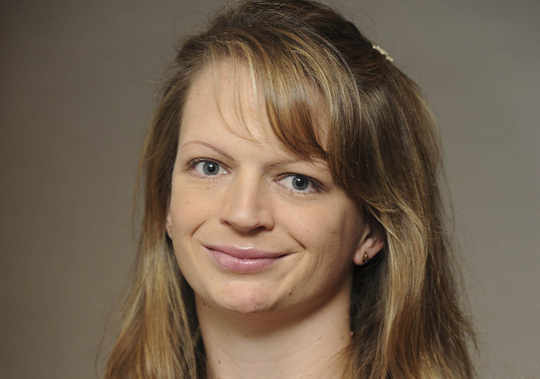TWO Southside medical experts have played a leading
role in an important discovery in lung cancer research that has the potential
to halt the progression of the disease.
The findings, from a study led by Professor Ken
O’Byrne from Rathfarnham and conducted by Dr Mary Clare Cathcart from
Clonskeagh at St James’s Hospital, are the first to examine how blood clotting
enzymes are significant factors in the development and progression of lung
cancer.
Funded by the Irish Cancer Society, the research was
highlighted ahead of the British Thoracic Oncology Group Annual Conference
(BTOG), which took place in the Burlington Hotel last weekend.
Over 600 medical professionals attended the conference
to discuss novel therapies and new research projects.
Professor O’Byrne’s study demonstrated how two blood
clotting enzymes work in opposing ways.
He found that thromboxane synthase promotes the growth
of lung cancer cells and appears to help the tumour develop a rich blood
supply, providing it with the nutrients and oxygen necessary to develop
and spread quickly.
The other is a protective enzyme, prostacyclin
synthase that works by reducing the growth of lung cancer cells.
A biobank facility, established and located at St
James’s Hospital was central to the research. The only one in Ireland, it
enabled Dr Cathcart and the team to investigate enzymes in lung cancer tissue
samples from 204 patients.
Interestingly, results showed that the
cancer-promoting enzyme was higher in female patients than males.
According to Professor O’Byrne, the president of the
BTOG, lung cancer has the highest mortality rate of all cancers with less than
12 per cent of patients surviving five years after diagnosis in Ireland.
“It is now the biggest cancer killer for both men and
women, with 1,708 people dying in 2010,
? he said.
“Smoking is the key cause of
lung cancer and the number of cases is expected to grow annually. Our research
has significantly improved our knowledge of the regulatory mechanisms that
control the survival of tumour cells in the lungs and we are confident that it
will lead to new therapies that target lung cancer and make it controllable in
the future.
?
Professor John Fitzpatrick, Head of Research at the
Irish Cancer Society, said:
“We know that with early detection, there is a very
real chance of effective treatment for lung cancer.
“This research has led to a better understanding of
how lung cancer cells develop and spread in the body, and the discovery of an
enzyme that promotes the growth of these cells represents a potential target
for new treatments.
?
Over the past 30 years, research funded by the Irish
Cancer Society has led to major advances in the understanding of malignant
disease. The society has contributed more than e26 million to cancer research
since 1963.
For further information on the Irish Cancer Society’s
programme or to make a donation, visit www.cancer.ie or contact the Irish
Cancer Society on Call Save 1850-606060.
The Irish Cancer Society’s National Cancer Helpline
offers free, confidential advice, support and information on any question about
cancer. Anyone concerned about lung
cancer can call in confidence and speak to a specialist nurse on freephone
1800-200700.
